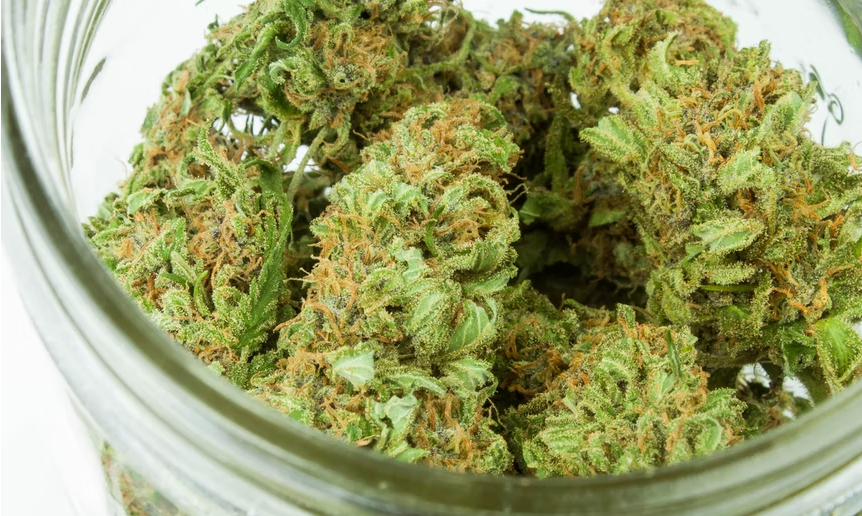Minnesota Receives Over 700 Social Equity Cannabis License Applications in 24 Hours
LOS ANGELES- Officials from the Minnesota Office of Cannabis Management reported receiving more than 700 applications for social equity licenses within the first 24 hours of the application window opening. This surge in applications underscores the high level of interest in the state’s new cannabis licensing program.
The state program prioritizes social equity candidates, including individuals with prior cannabis charges, residents from areas disproportionately impacted by the war on drugs, veterans, and new farmers. This initiative aims to address historical injustices and support communities affected by previous cannabis prohibitions.
Charlene Briner, Interim Director of the Office of Cannabis Management, expressed enthusiasm about the significant number of applications. She told MPR News, “We’re excited about the high level of activity.” A report by the Minnesota Reformer estimates that between 30% and 40% of adults in the state could qualify as social equity applicants.
Briner also noted that not all applicants might complete the process, stating, “And it doesn’t necessarily mean that all of the people who have entered the system and applied for that status will actually follow through and submit a full license. So that remains to be seen.”
The state will open licenses to all applicants starting July 24. After the review process, these applicants will be entered into a lottery system. The application window for all applicants will close on August 12.
“We’re unique [in] some of the protections that were added in the legislative session this year to really protect that kind of craft industry model and make sure that businesses are prepared to succeed in what’s a very volatile market,” Briner said in the report. “We feel confident that we’re in as good a position as we can be to continue to launch.”
Minnesota’s proactive approach to social equity in cannabis licensing aims to create a more inclusive and fair industry, providing opportunities for those historically marginalized by previous drug policies.


































